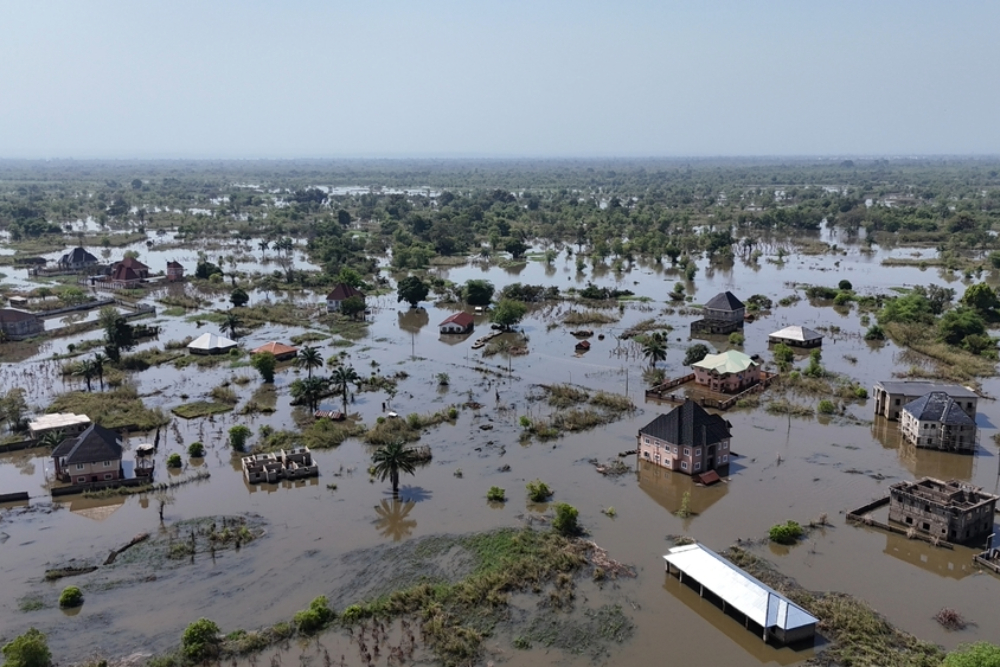

The annual climate finance goal was updated to $300bn at COP29 in Azerbaijan last week and kicks in from 2026, with countries urged to work towards scaling up financing to at least $1.3trn from all public and private sources.
However, a report published today by the Transition Pathway Initiative Centre (TPI Centre) reveals that 81% of wealthy countries are failing to contribute their proportional share of the original $100bn goal, or to set future finance targets that would meet such a share.
Indeed, only France and Germany have past contributions and forward-looking commitments that meet their proportional share.
The report also reveals that just one-third of developing nations have been transparent about the costs of essential climate mitigation and adaptation, which could be putting off investors.
“Countries need to demonstrate sound national transition planning, through costed mitigation measures and transparent climate-related budgets, for the next generation of nationally determined contributions to be investible,” said Antonina Scheer, TPI Centre research project manager.
“Transparency on these fronts will help channel much needed climate finance towards meeting the $1.3trn aim from public and private sources called for at COP29.”
The original £100bn climate finance goal set in 2009 was only met in 2022 – two years later than originally promised – and much of this came from existing development aid.
TPI Centre’s analysis, which covers countries representing 85% of global greenhouse gas emissions and 90% of global GDP, also reveals that none have a “historical emissions trend or 2030 target that aligns 1.5°C warming”.
Furthermore, nations perform poorly on commitments to phase out fossil fuel subsidies and production, making finance flows inconsistent with a 1.5°C future, with Hong Kong, Peru and Uruguay the only ones that do not currently subsidise fossil fuels.
Encouragingly, 57% of countries assessed have established a legal framework for national climate policy, and 76% have published a national adaptation plan, which is the foundation for managing physical risk.
An Assessing Sovereign Climate-related Risks and Opportunities (ASCOR) tool has been launched to help investors seeking to integrate climate considerations into their decision-making on sovereign bond investments.
“Investors play a pivotal role in driving the capital needed to support the global transition to a low-carbon economy: these flows require robust and tangible national climate and energy policies,” commented Victoria Barron, chief sustainability officer at GIB Asset Management.
“ASCOR equips investors with critical data and bridges the gap between ambition and execution, ensuring that investments contribute to the resilient, low-carbon future the world urgently needs.”
Image credit: Shutterstock